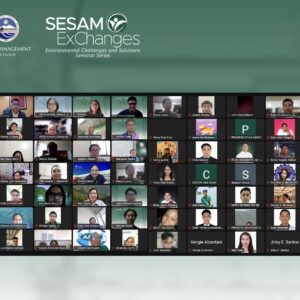Brazilian Professor Discuss Land Change Process
Land change process affects agricultural production and eventually making a big impact in the economy. This is how the sugarcane industry expansion affected the Cerrado (savannah) of the state of Sao Paolo and to the newly established Sugarcane Agro-ecological Zone (SAZ) in the states of Golas and Mato Grasso de Sul, Brazil. Dr. Marcellus M. Caldas, Assistant Provost of International Faculty Collaboration and Educational Programs, Office of International Programs, Kansas State University, USA, discussed these issues in his lecture entitled “Land Change Process in Cerrado and the Effects Climate Change in Sugarcane Expansion” last October 23, 2018 at SESAM Lecture Hall, University of the Philippines Los Baños.
Dr. Caldas, who holds a two PhDs in Applied Economics from University of Sao Paolo and Geography in Michigan State University (MSU), said his study aims to examine the drivers of sugarcane expansion in the states of Golas and Mato Graso de Sul and to find out if the areas by the SAZ was suitable for production under climate change.
Brazil is number one in the world in terms of production of sugarcane with 112 M hectares in 2018. Ethanol from sugarcane replaced 42% of gasoline needs of Brazil, which has currently at 25% blend. Production of ethanol in Brazil is driven by the price of oil in the world market. If the price of oil is high, farmers tend to produce more ethanol from sugarcane.
The state of Sao Paolo is traditionally the biggest producer of sugarcane in Brazil. However, the number decreased to 52% in 2016 due to the increased plantation of sugarcane in non-traditional areas in the SAZ. With the land change process in the flat lands of Golas and Mato Grasso de Sul, farmers moved to these savannah states, which in turn, produced 1.3 B gallons of ethanol. Price of land in Sao Paolo is also high and there is also competition with other crops. Sugarcane producers were also attracted to the tax exemptions given by the government and the established infrastructures, such as roads and ethanol pipelines in the non-traditional areas in the SAZ.
Dr. Caldas added that sugarcane expansion to the new frontier was motivated to more government incentives, international market, technology development and regulations. Another reason why farmers moved to these new frontiers was the consolidation of the sugar industry in Sao Paolo, which introduced mechanization and development of genetically modified varieties. However, it led to unemployment of farmers and cost of mechanized production increased.
“Climate change will challenge the agricultural conditions for sugarcane in Cerrado. There are no irrigation systems there, farmers and producers rely on rain, so rain, no sugarcane”, Dr. Caldas stressed. He added that government allowed sugarcane to be propagated in the savannah so it will not compete with crops such as soybean and corn in other areas, since it will create a food crisis in Brazil.
More than 50 faculty, staff and students attended the lecture of Dr. Caldas, who was a former classmate of Mr. Dante K. Vergara, University Researcher and Affiliate Professor of SESAM, at MSU, USA.







